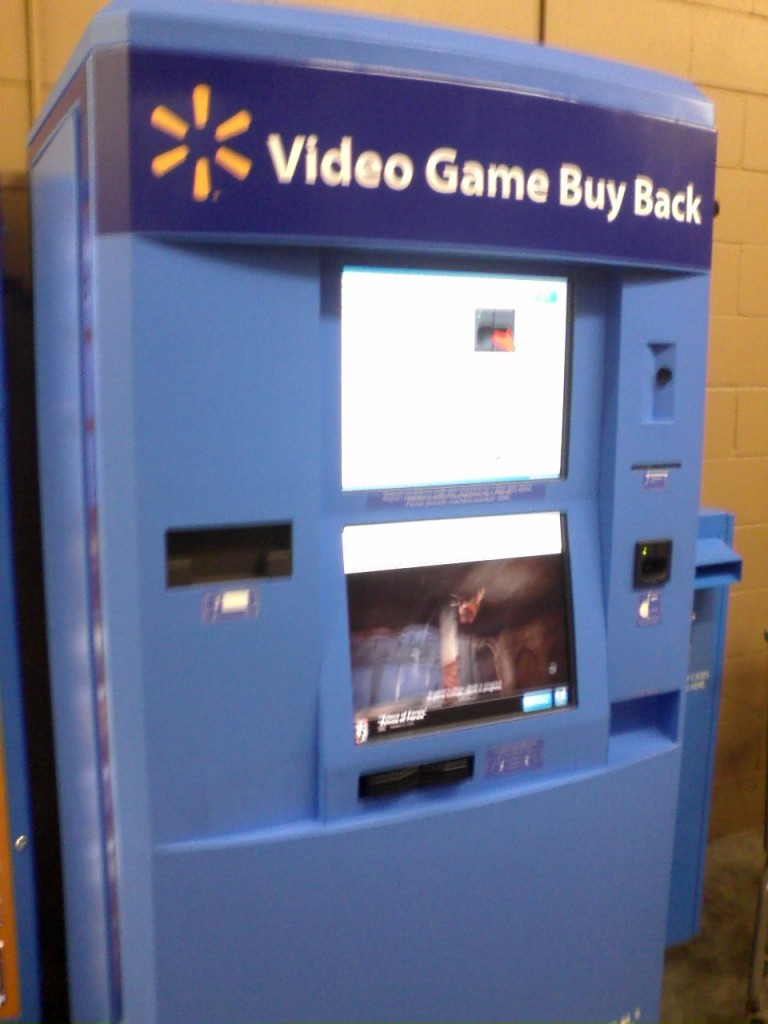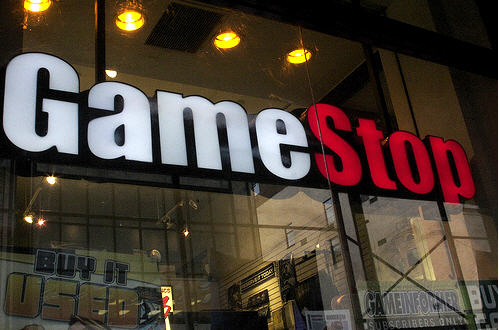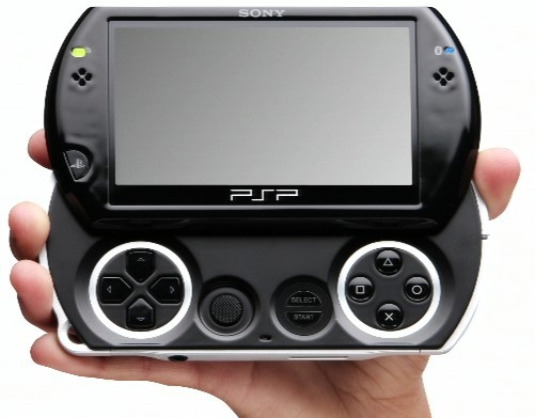 Earlier this year, GameStop said it would either find some tablets to sell or build its own. Now, the retailer has chosen option A, launching a handful of familiar Android tablets with some free games inside.
Earlier this year, GameStop said it would either find some tablets to sell or build its own. Now, the retailer has chosen option A, launching a handful of familiar Android tablets with some free games inside.
So far, the lineup includes the Samsung Galaxy Tab 10.1, Asus Eee Pad Transformer and Acer Iconia Tab A100. They’re available online and in 200 U.S. stores, according to Joystiq. The free games are Dead Space, Monster Madness, Riptide HD, Re-Load, Cordy and Sonic CD. GameStop is also pre-loading its Flash game portal Kongregate Arcade, and is selling a Bluetooth game controller for $39 extra.
The strategy seems a bit puzzling to me. When GameStop said it wanted to sell tablets, I assumed the retailer would use them as a foothold for selling downloadable games. GameStop owns its own digital distribution platform, Impulse, and also has some streaming technology from Spawn Labs that could allow tablets to stream high-end video games from consoles or PCs. Neither of those services are present in this first wave of Android tablets, or if they’re on board and in hiding, GameStop’s not saying so.
GameStop isn’t getting onto the tablet business just so it can sell Bluetooth game controllers. There must be more to the story than this. My guess is that whatever GameStop really has in mind isn’t ready yet, and these tablets are just filler–a way to sell more stuff to holiday shoppers until the real GameStop tablet is ready.

 Gamestop isn’t winning any fans today for its decision to remove a free streaming OnLive copy of Deus Ex: Human Revolution from the boxed PC version of the game.
Gamestop isn’t winning any fans today for its decision to remove a free streaming OnLive copy of Deus Ex: Human Revolution from the boxed PC version of the game. When a brick-and-mortar retailer decides to go digital, one possible strategy goes something like this: Buy a smaller digital company or two, and hope to make them big.
When a brick-and-mortar retailer decides to go digital, one possible strategy goes something like this: Buy a smaller digital company or two, and hope to make them big. Update: The makers of Intellivision Lives! have erased the Facebook note referenced in this post, and Gamestop now
Update: The makers of Intellivision Lives! have erased the Facebook note referenced in this post, and Gamestop now 
 GameStop’s tentacles are wrapped pretty tightly around most of the games industry, the exception being downloadable content that’s sold after a game is released.
GameStop’s tentacles are wrapped pretty tightly around most of the games industry, the exception being downloadable content that’s sold after a game is released. So I’ve been thinking about fulfilling my duties as a game journalist and buying Call of Duty: Modern Warfare 2, even though my plate is pretty full at the moment (I’m deep into Demon’s Souls, if you’re wondering).
So I’ve been thinking about fulfilling my duties as a game journalist and buying Call of Duty: Modern Warfare 2, even though my plate is pretty full at the moment (I’m deep into Demon’s Souls, if you’re wondering). When the
When the